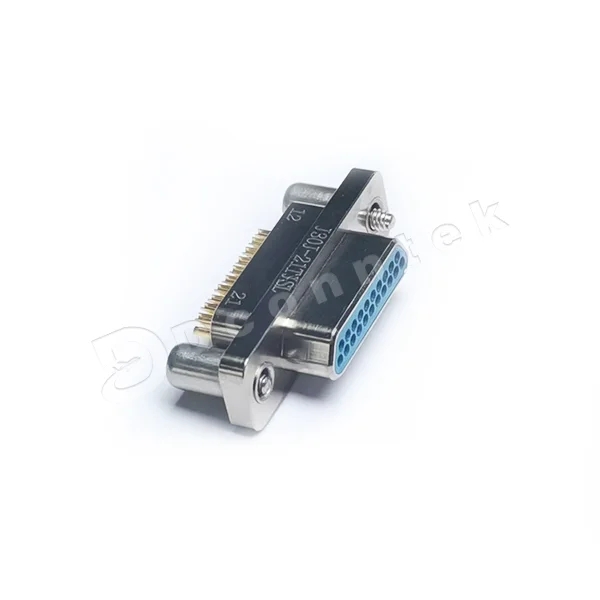Powering Engines: Unveiling the Superiority of Electric Fuel Pumps over Mechanical Counterparts
2 min readIn the realm of automotive engineering, the debate between electric and mechanical fuel pumps has long been a topic of discussion. Both play a crucial role in delivering fuel to the engine, but which one is truly better? In this blog post, we will delve into the intricacies of these two types of fuel pumps, exploring their advantages, disadvantages, and ultimately determining the superiority of electric fuel pumps over their mechanical counterparts.
- Efficiency and Performance:
Electric fuel pumps have a clear edge when it comes to efficiency and performance. Unlike mechanical fuel pumps, which rely on engine power to operate, electric fuel pumps are independent units powered by the vehicle's electrical system. This autonomy allows electric fuel pumps to deliver a consistent and precise amount of fuel to the engine, resulting in improved engine performance, better fuel economy, and reduced emissions. - Reliability and Durability:
When it comes to reliability and durability, electric fuel pumps once again take the lead. Mechanical fuel pumps are prone to wear and tear due to their mechanical components, such as diaphragms and springs, which can degrade over time. On the other hand, electric fuel pumps have fewer moving parts, reducing the risk of failure and increasing their lifespan. Additionally, electric fuel pumps are less susceptible to vapor lock, a common issue in mechanical fuel pumps that can disrupt fuel flow and cause engine stalling. - Installation and Maintenance:
Electric fuel pumps offer significant advantages in terms of installation and maintenance. Mechanical fuel pumps require precise alignment and adjustment during installation, which can be time-consuming and prone to human error. In contrast, electric fuel pumps are relatively easier to install, often requiring simple mounting and electrical connections. Furthermore, maintenance for electric fuel pumps typically involves routine inspections and occasional replacement, whereas mechanical fuel pumps may require more frequent servicing and repairs. - Adaptability and Customization:
Electric fuel pumps provide greater adaptability and customization options compared to mechanical fuel pumps. With the ability to control fuel pressure and flow rate electronically, electric fuel pumps can be fine-tuned to meet specific engine requirements. This flexibility allows for optimal performance in various driving conditions, including high-performance applications. In contrast, mechanical fuel pumps have limited adjustability, making them less suitable for customized engine setups.
Conclusion:
After a comprehensive analysis, it is evident that electric fuel pumps surpass mechanical fuel pumps in terms of efficiency, performance, reliability, durability, ease of installation and maintenance, as well as adaptability. Their ability to deliver precise fuel amounts, reduce engine strain, and improve overall engine performance makes them the superior choice for modern vehicles. As technology continues to advance, electric fuel pumps will undoubtedly play an increasingly vital role in powering engines efficiently and effectively.



